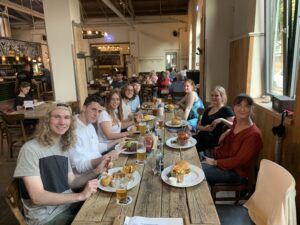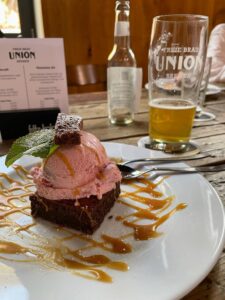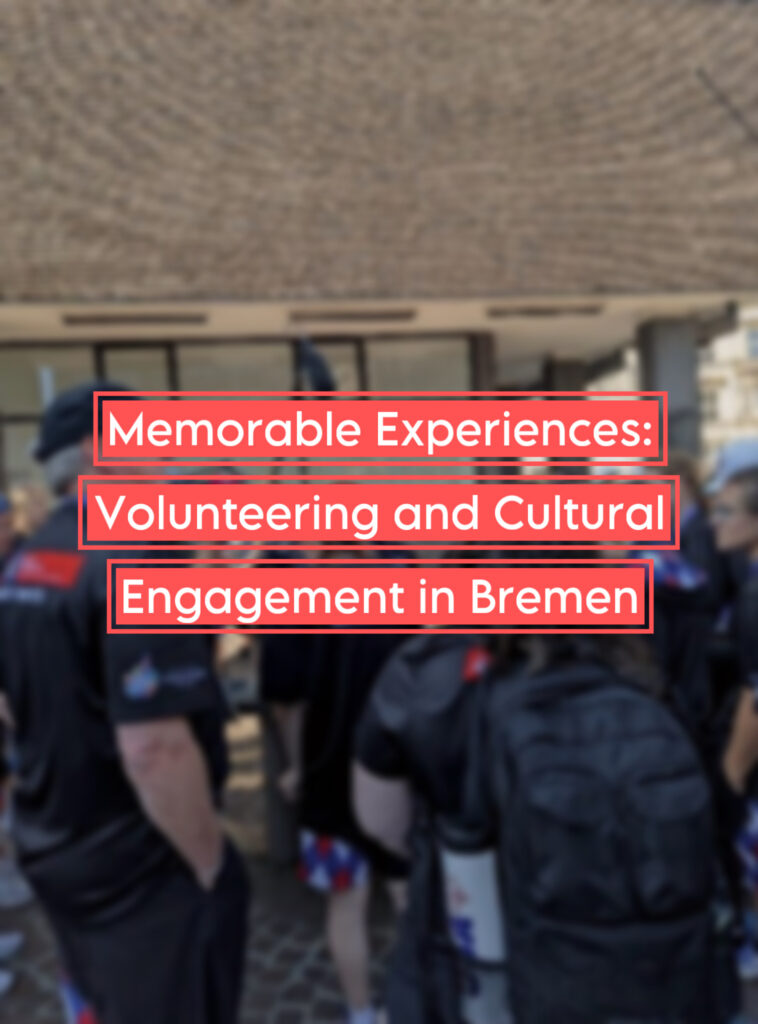 by Vasilisa Pallis ’24
by Vasilisa Pallis ’24
During my study abroad year in Bremen I was incredibly grateful to have had the opportunity to not only study in a German University and learn so much, but also volunteer. Before coming to Germany, I feared I wouldn’t get the opportunity to use my Russian as much, since I am a double major in German and Russian. But I was happily surprised when I was able to not only take classes with Russian content but also volunteer with Ukrainian refugees at the “Nachbarschaftshaus Helene Kaisen”, an open space for events, social facilities, and recreational areas in Bremen.
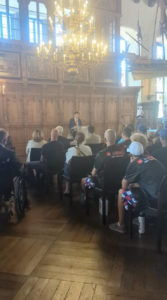
Glance at American Delegation at Special Olympics in Bremen.
There are numerous opportunities within this cultural center for Ukrainian children and teenagers to participate in different activities, such as learning English, and German, or simply having a place to go to after school. There I started a “Sprachcafé” (a language café) for Ukrainian teenagers, to practice their language skills. It was an incredible experience to get to meet such brave young students who have gone through such a horrifying experience and get to simply speak with them and get to know them. I loved having a chance to use my Russian as well as German, it was so cool to be able to speak almost three different languages at the same time. I am so grateful to have had this memorable and fulfilling opportunity.
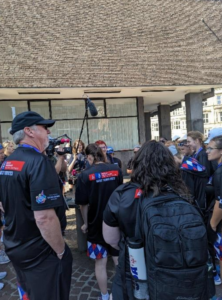
American Delegation being interviewed in the city center of Bremen.
In addition to my help with Ukrainian refugees, I also had the opportunity to help with Special Olympics Bremen. It was amazing to get to help during the Host Town Program when the US delegation came to Bremen before heading off to the Special Olympics in Berlin. I loved meeting the different athletes, making them feel comfortable, showing them around Bremen, and helping with their training before the Olympics. All in all, I am extremely grateful to have experienced my year in Bremen and to have helped in any way I could while in Bremen. This was a once-in-a-lifetime opportunity and I am proud to say I have enjoyed and learned so much from it.
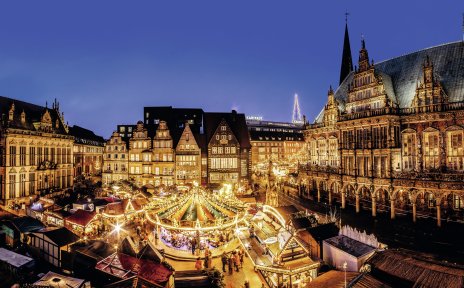
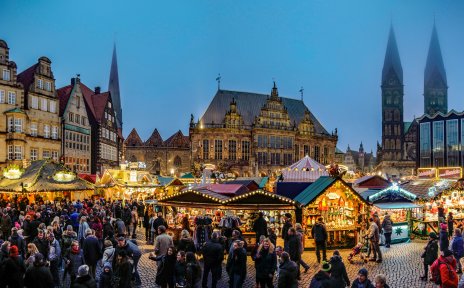
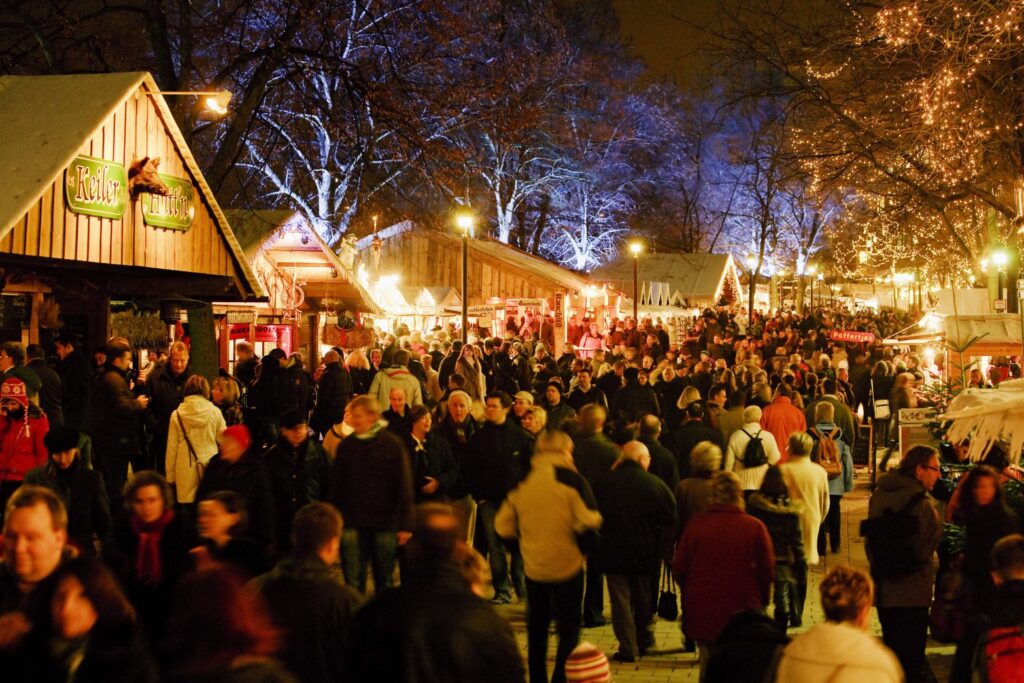
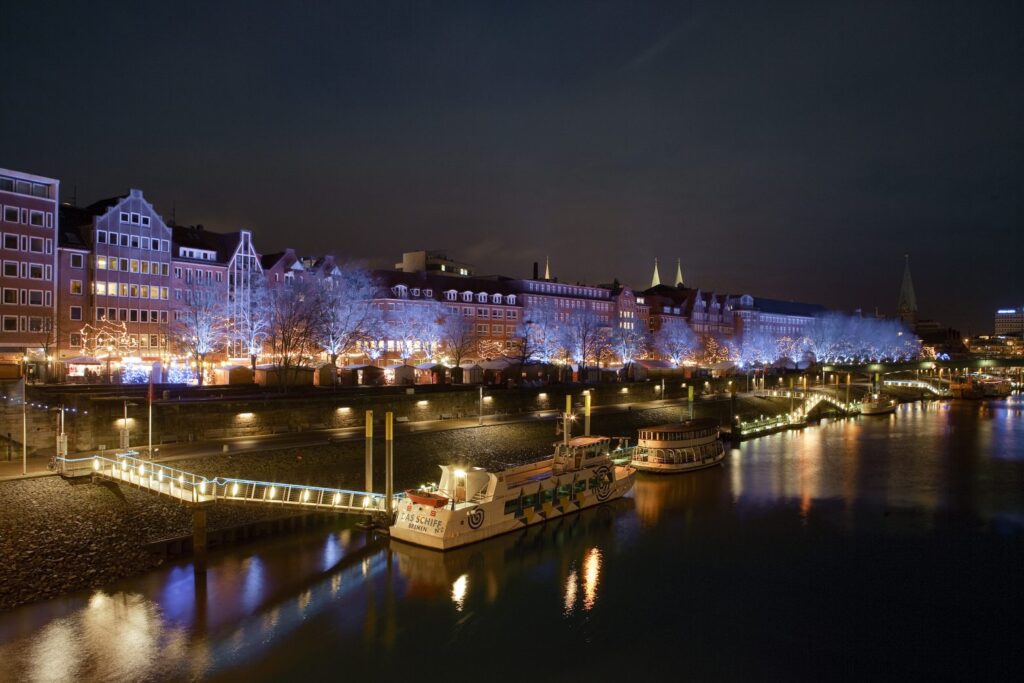
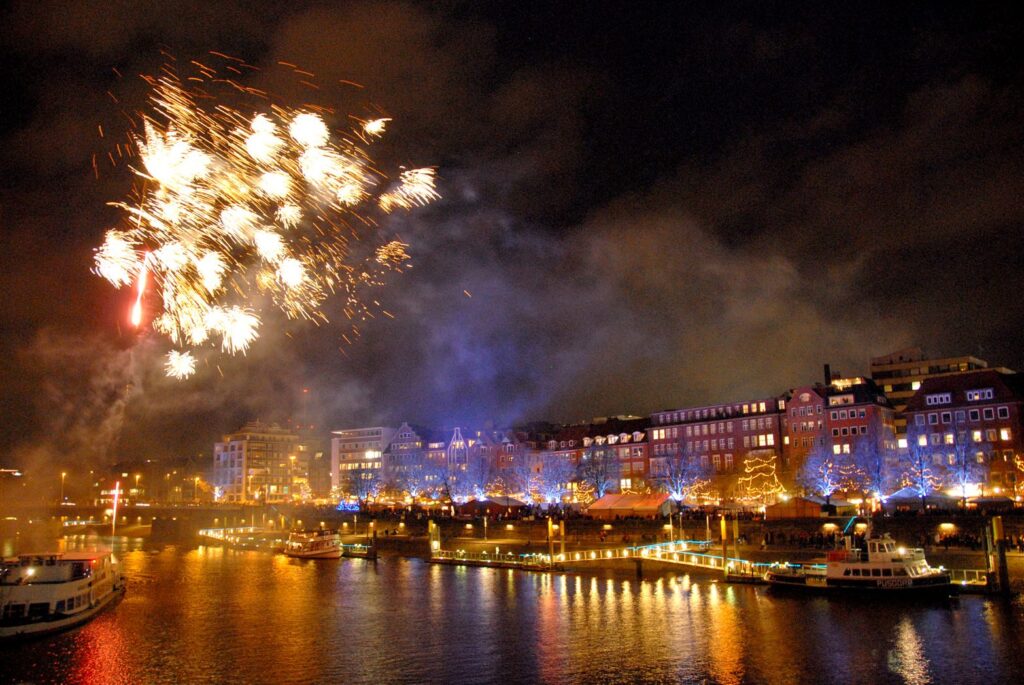
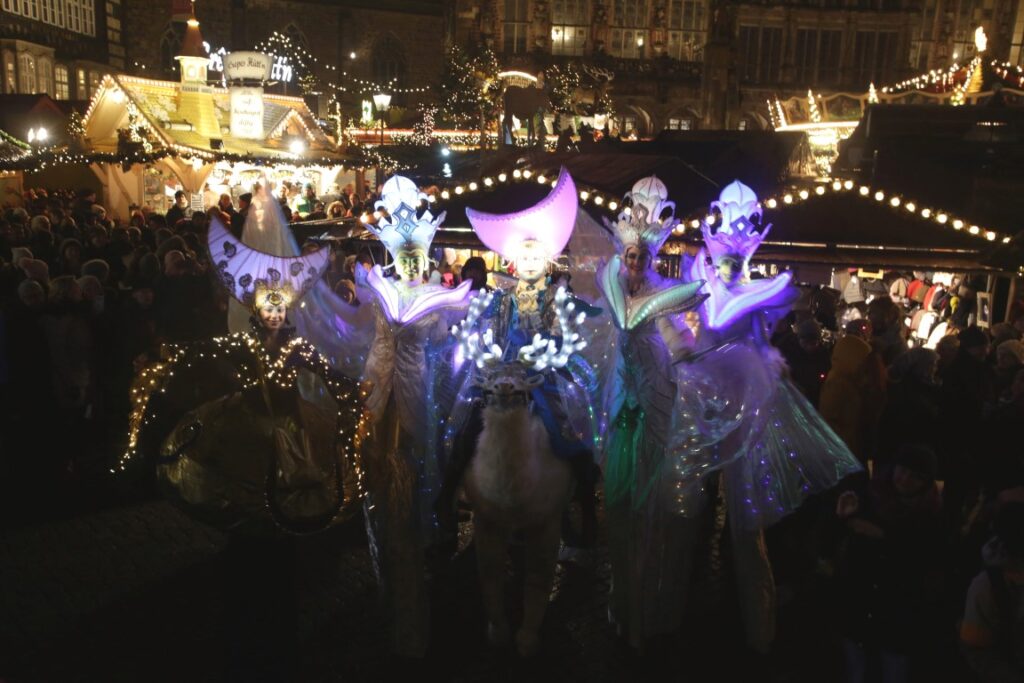
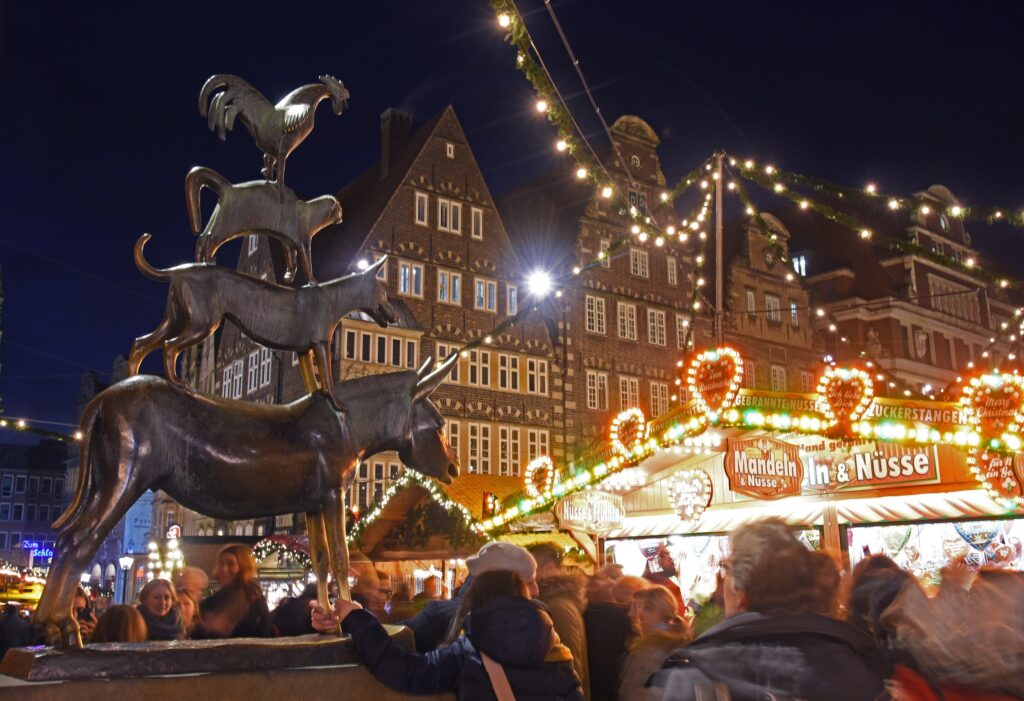

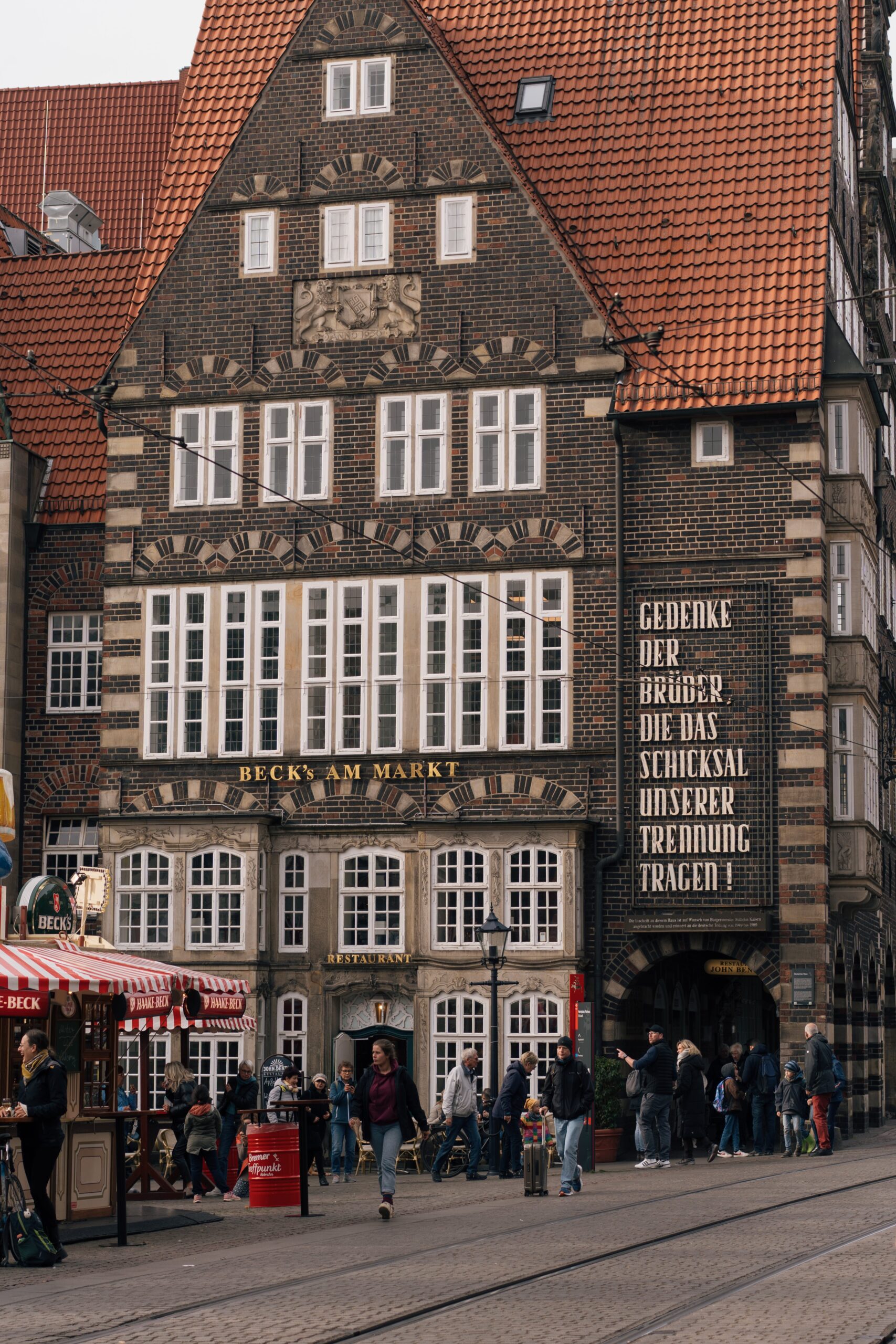
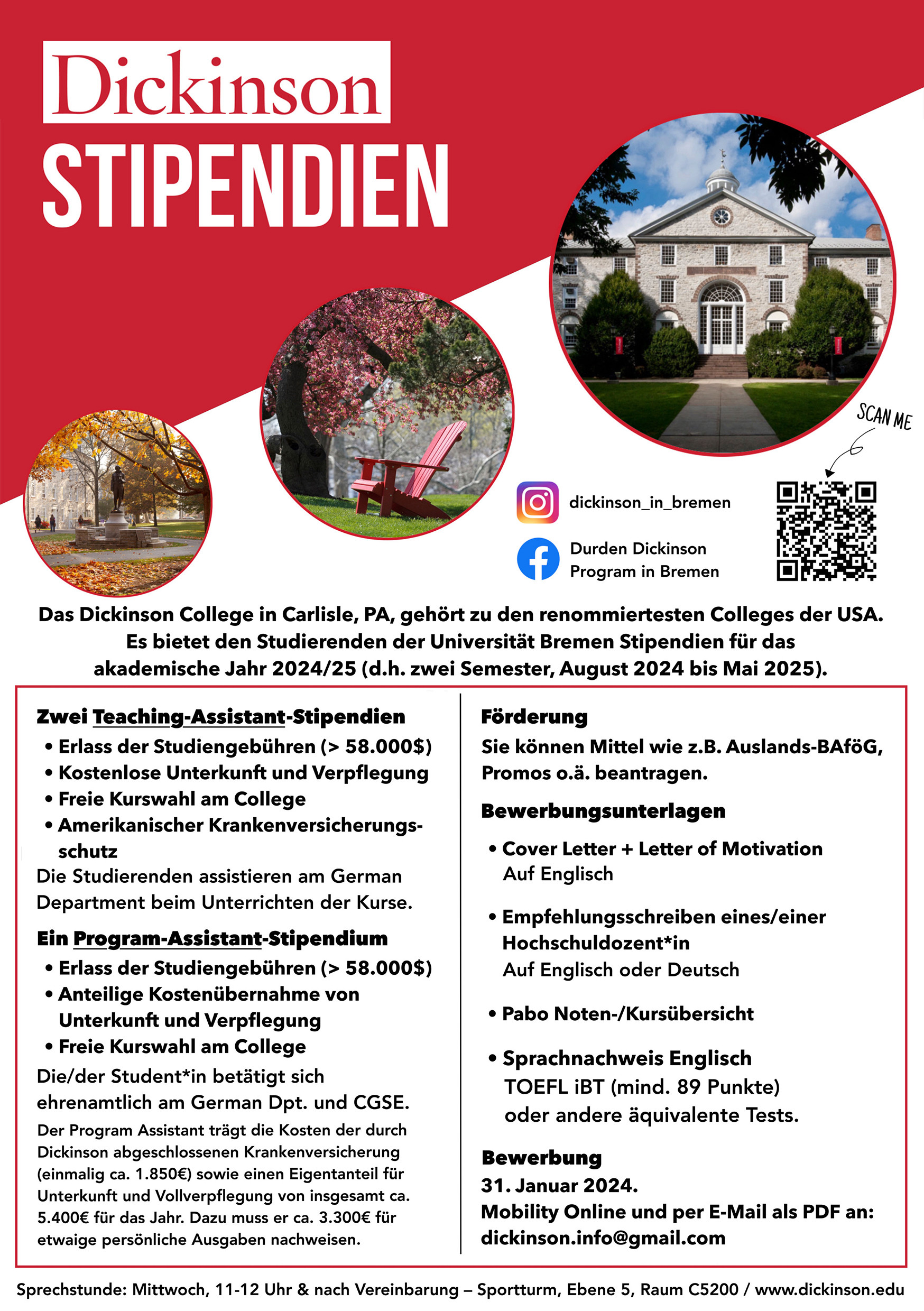 Attention Bremen students!
Attention Bremen students! 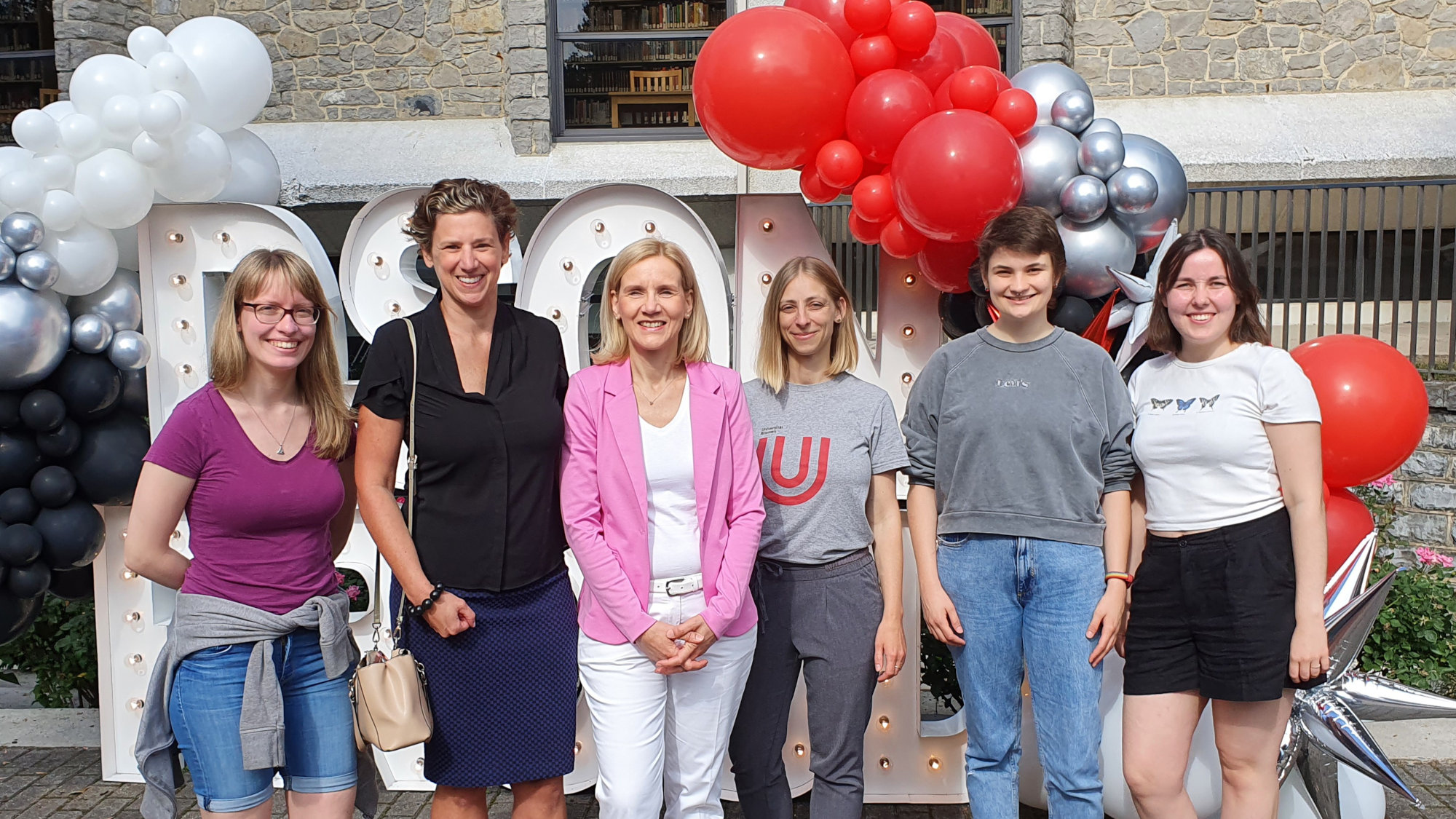
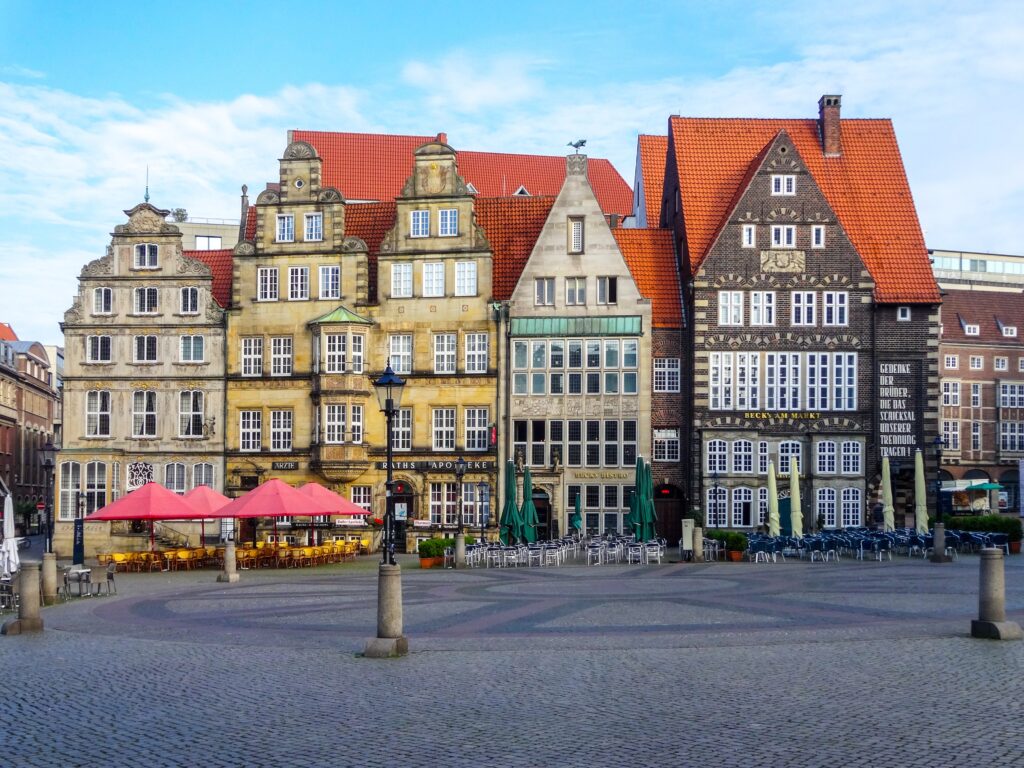
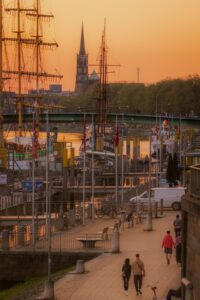
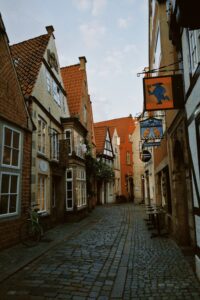

 by Vasilisa Pallis ’24
by Vasilisa Pallis ’24

